 |
 |
 |
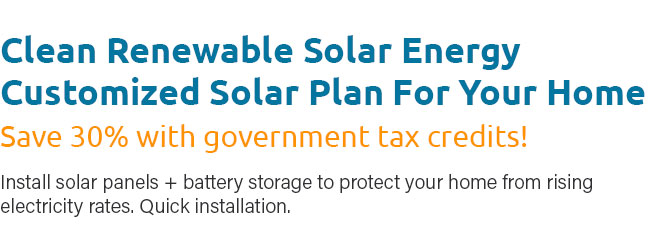 |
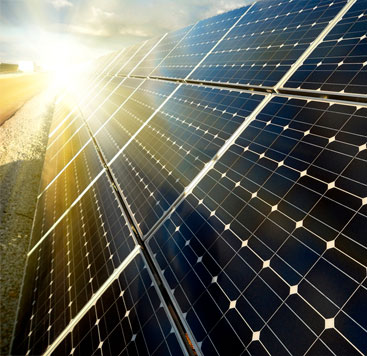 |
 |
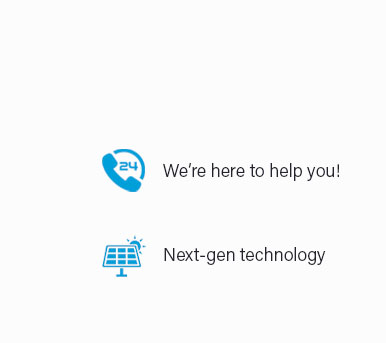 |
 |
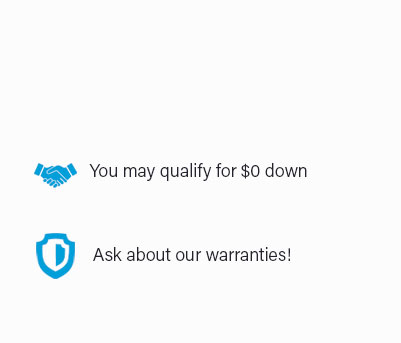 |
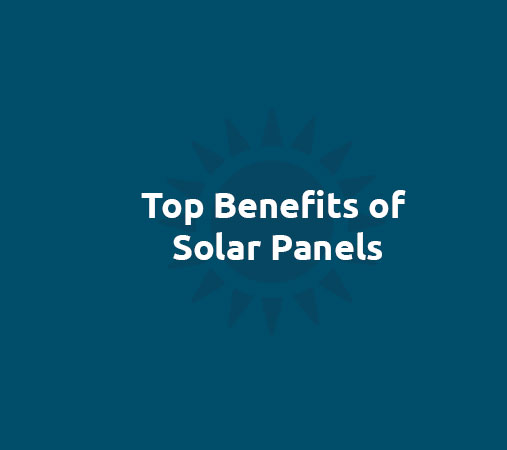 |
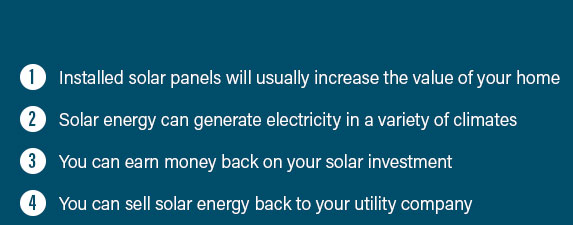 |
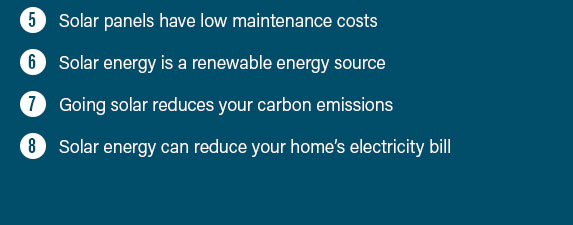 |
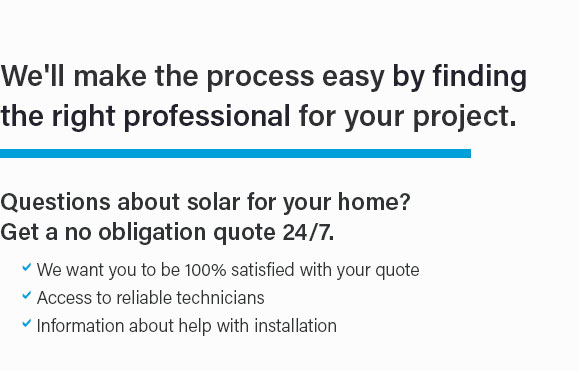 |
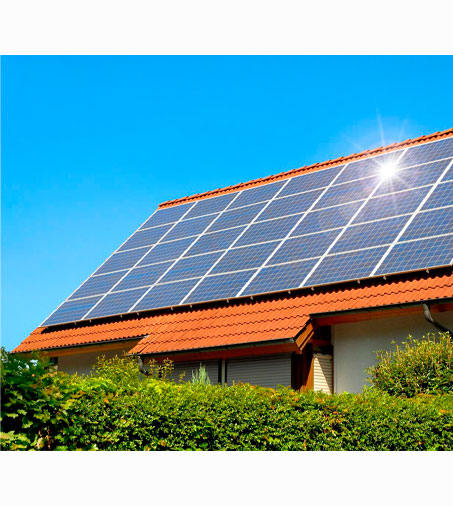 |
|
 |
 |
 |
|
Unleash the power of the sun with Somerset's premier solar panel installers, where innovation meets excellence-get your personalized solar panels installation quote today and join the renewable revolution; with our expert team on your side, turning sunlight into savings is just the beginning of your sustainable journey, because in Somerset, we don’t just install solar panels, we ignite possibilities-seize your energy independence now and make a bold statement for a brighter tomorrow!
https://m.yelp.com/search?cflt=solarinstallation&find_loc=Franklin+Township%2C+NJ+08873
Best Solar Installation in Somerset, NJ - Exact Solar, Green Power Energy, Sunrun - New Jersey, GeoPeak Energy, Green House Solar, Solar Living, ... https://www.energysage.com/local-data/solar-companies/nj/somerset-county/somerset/
Get the most out of your solar panels by choosing a top-rated solar installer that will do the job right. We reviewed Somerset, NJ solar companies on the ... http://www.primesolarpower.com/NY/Somerset-solar.html
Somerset Solar Design - Somerset Solar Installation - Services We Provide in Somerset, New Jersey - If you are looking for Somerset solar panel installers then ...
|